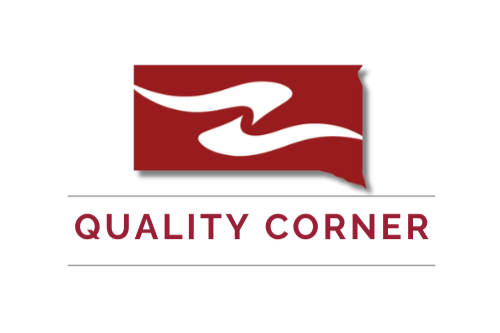Artificial Intelligence (AI) is no longer a distant future concept; it is revolutionizing industries worldwide, and healthcare is no exception. AI has emerged as a transformative force, redefining how care is delivered, outcomes are measured, and quality is enhanced in healthcare systems. By leveraging AI, healthcare providers can address some of the industry’s most pressing challenges, from improving diagnostics to streamlining operations.
Enhancing Diagnostic Accuracy and Speed
One of the most impactful applications of AI in healthcare is its ability to improve diagnostic accuracy. AI-powered tools can analyze vast amounts of data, such as medical images and patient records, at a speed and accuracy level that surpasses human capabilities. For instance, AI algorithms have demonstrated remarkable success in detecting conditions like cancer, heart disease, and neurological disorders. Early and accurate diagnosis is a cornerstone of quality care, enabling timely interventions and better patient outcomes.
Personalized Patient Care
AI enables the personalization of treatment plans by analyzing a patient’s unique genetic, environmental, and lifestyle factors. Precision medicine, driven by AI, tailors therapies to individual patients, maximizing efficacy while minimizing adverse effects. This personalized approach not only enhances care quality but also fosters greater patient satisfaction and engagement.
Streamlining Operations and Reducing Errors
Operational efficiency is another area where AI is making significant strides. From automating administrative tasks to optimizing resource allocation, AI helps reduce the burden on healthcare providers. Moreover, AI-driven systems can identify potential errors, such as medication mismatches or incorrect dosages, before they occur. By minimizing errors, AI contributes to a safer and more reliable healthcare system.
Addressing Workforce Challenges
The healthcare industry faces critical workforce challenges, including staff shortages and burnout. AI can alleviate these pressures by supporting clinicians through decision-making tools and automating repetitive tasks. For example, virtual assistants powered by AI can handle routine queries, allowing healthcare professionals to focus on more complex and high-impact activities. By improving workflow efficiency, AI indirectly enhances the quality of care delivered to patients.
Advancing Health Equity
Health equity is a growing focus in healthcare quality, and AI has the potential to play a pivotal role in addressing disparities. By analyzing data from diverse populations, AI can identify gaps in care and recommend targeted interventions. This data-driven approach ensures that underserved communities receive the attention and resources they need, promoting a more equitable healthcare system.
Challenges and Ethical Considerations
While AI offers immense potential, its integration into healthcare also presents challenges. Issues such as data privacy, algorithmic bias, and the ethical implications of AI decision-making must be addressed. Ensuring transparency and accountability in AI systems is critical to maintaining trust among patients and providers. Moreover, collaboration between technologists, clinicians, and policymakers is essential to navigate these challenges effectively.
The Future of AI in Healthcare Quality
As AI continues to evolve, its applications in healthcare will expand, unlocking new possibilities for improving quality. Predictive analytics, real-time patient monitoring, and AI-driven research are just a few areas poised for growth. By embracing AI responsibly, healthcare organizations can create a more efficient, equitable, and patient-centered system.
In conclusion, AI is reshaping the landscape of healthcare quality by enhancing diagnostics, personalizing care, streamlining operations, and addressing workforce challenges. While challenges remain, the potential benefits far outweigh the risks. As the healthcare industry continues to harness the power of AI, it moves closer to achieving its ultimate goal: delivering high-quality care to every patient, everywhere.




